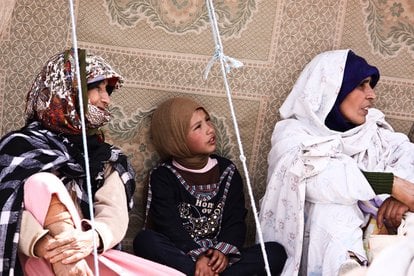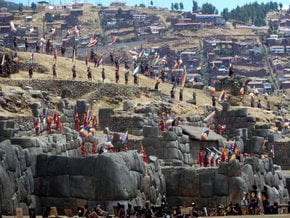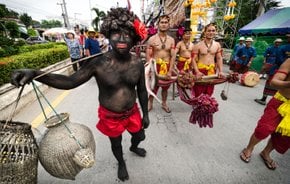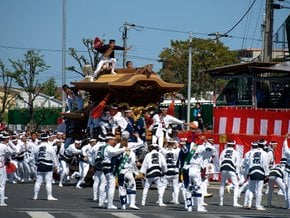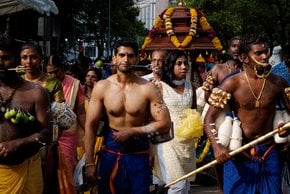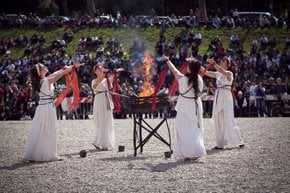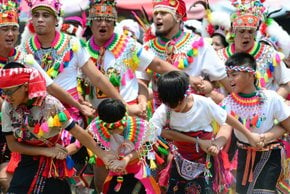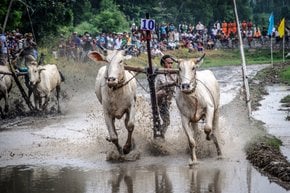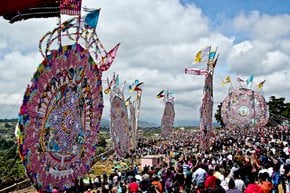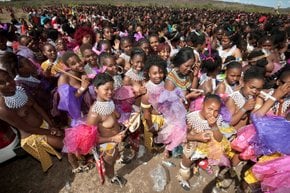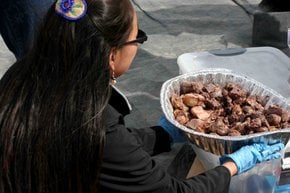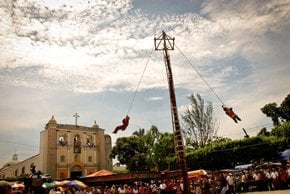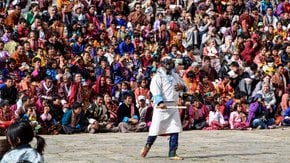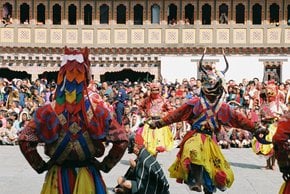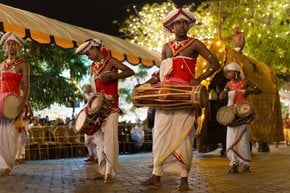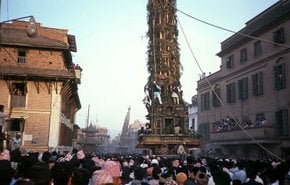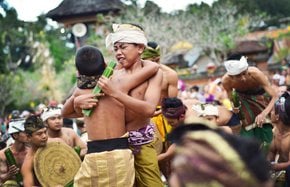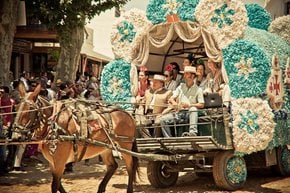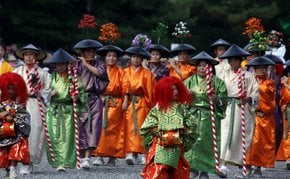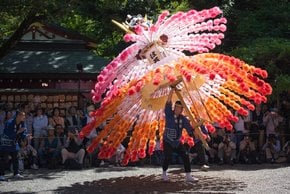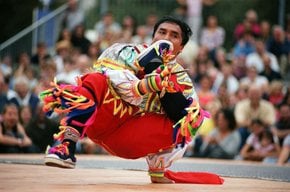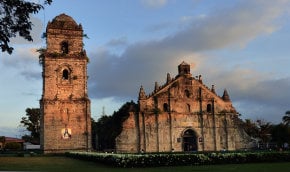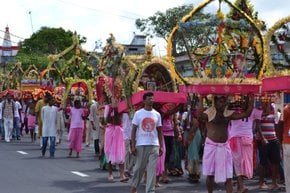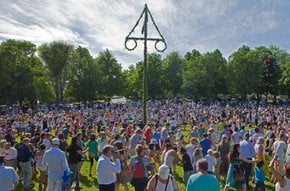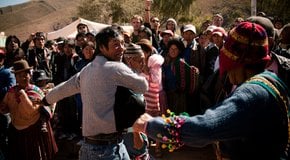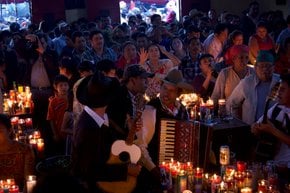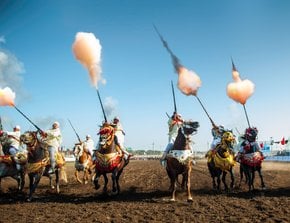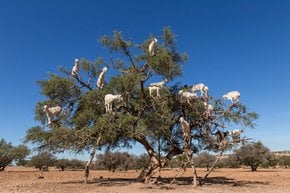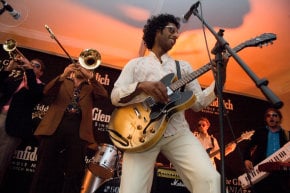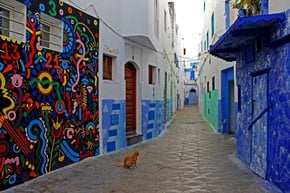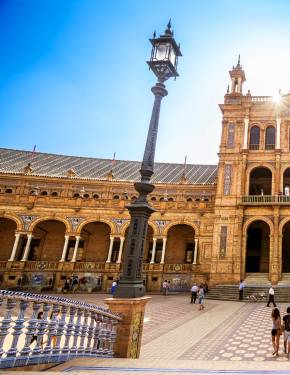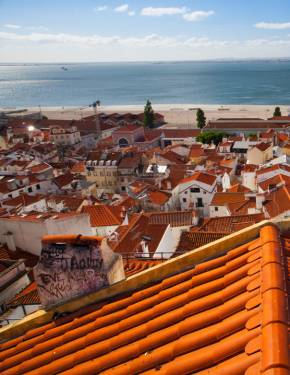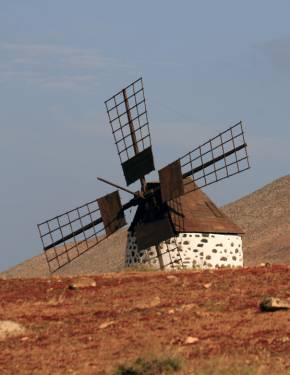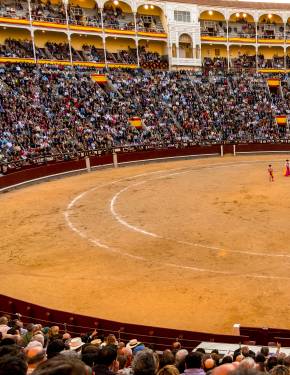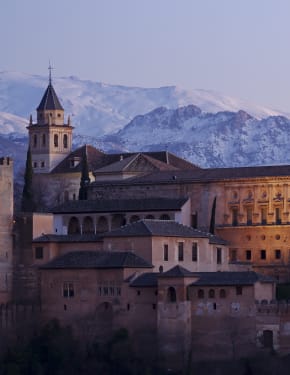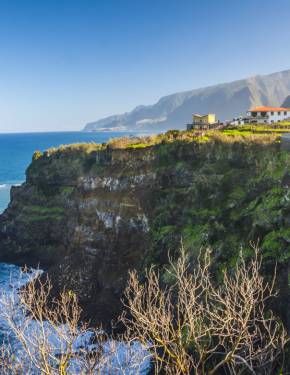Imilchil Marriage Festival 2024 in Morocco
Those looking for romance will find it in the lake plateau of the Middle Atlas Mountains
Dates: September 13–September 23, 2024
Nestled high in Morocco's Middle Atlas Mountains, the quiet village of Imilchil hosts an annual event unlike any other—the Imilchil Marriage Festival. Known for its unique approach to courtship and love, this festival attracts thousands of Berbers and curious visitors each year. The festival, spanning three days, includes the engagement ceremony followed by marriage and is filled with vibrant music, traditional dances, and colorful attire. If you're interested in traditional culture, local customs, and the enchanting scenery of Morocco, the Imilchil Marriage Festival offers a fascinating glimpse into the region's heritage.
Courtship Rituals
At the heart of the Imilchil Marriage Festival are the courtship rituals. Young men and women from different Berber tribes come together in search of their life partners. Women dress in traditional, colorful garments adorned with intricate silver jewelry and are usually veiled, revealing only their smokey eyes. Meanwhile, men typically wear long, loose-fitting white djellabas.
Interestingly, a nod and a wink serve as the unspoken language of interest between men and women at the festival. Often aided by a friend to help overcome shyness, men approach potential brides. If a woman reciprocates the gesture, they may hold hands to signify their intent. Conversely, letting go of a hand indicates rejection. Don't be surprised if someone mentions the liver in conversation. According to local beliefs, the liver, not the heart, is considered the origin of love.
Festival Site and Holy Location
The festival site is created around the blue-domed mausoleum of Islamic Saint Sidi Hmad Mghani. This holy site is a special place for couples to get married but also serves as the setting for a vast market. A tent city emerges, attracting up to 30,000 Berbers to this remote mountain location for a festival with a 500-year history. The festival dates vary each year, typically falling between late August and September, depending on the end of the harvest season.
Other Activities
The festival also features a variety of other activities. Visitors can explore areas dedicated to dress sellers, silks and clothing vendors, cafes and restaurants, and dried fruit sellers. The plateau is designated for the livestock market, including camels, cows, mules, and sheep. There is also a section for marriage contract writers and a place for traditional Berber weddings, while the top of the site hosts music and folklore performances.
Location and Infrastructure
Imilchil is located in a remote area of the Middle Atlas Mountains, accessible via a long, rugged road. The nearest major city is Midelt, approximately 120 miles (190 km) away. Given its secluded location, facilities in Imilchil are basic, and visitors are advised to come prepared with essential supplies.
Despite its isolation, the village and surrounding region offer breathtaking natural beauty. Nearby attractions include the lakes of Tislet and Isli, which are tied to the festival's origin story and add to the mystical charm of the area. Visitors may also explore hiking trails and enjoy the serene landscape of the Atlas Mountains.
Love Story Behind the Festival
The Imilchil Marriage Festival is steeped in legend. According to local lore, the festival commemorates the tragic love story of Isli and Tislet, two lovers from rival Berber tribes who were forbidden to marry. In their despair, they drowned themselves in nearby lakes that now bear their names. This event led to a significant cultural shift, allowing men and women from different tribes to choose their partners freely.
Evolution of the Festival
Initially, the festival was a closed affair, accessible only to Berber tribe members. However, the event has opened up to tourists in recent years, drawing international attention and boosting local tourism. This inclusion of outsiders has brought a new dynamic to the festival, though it remains deeply rooted in its traditional customs.

